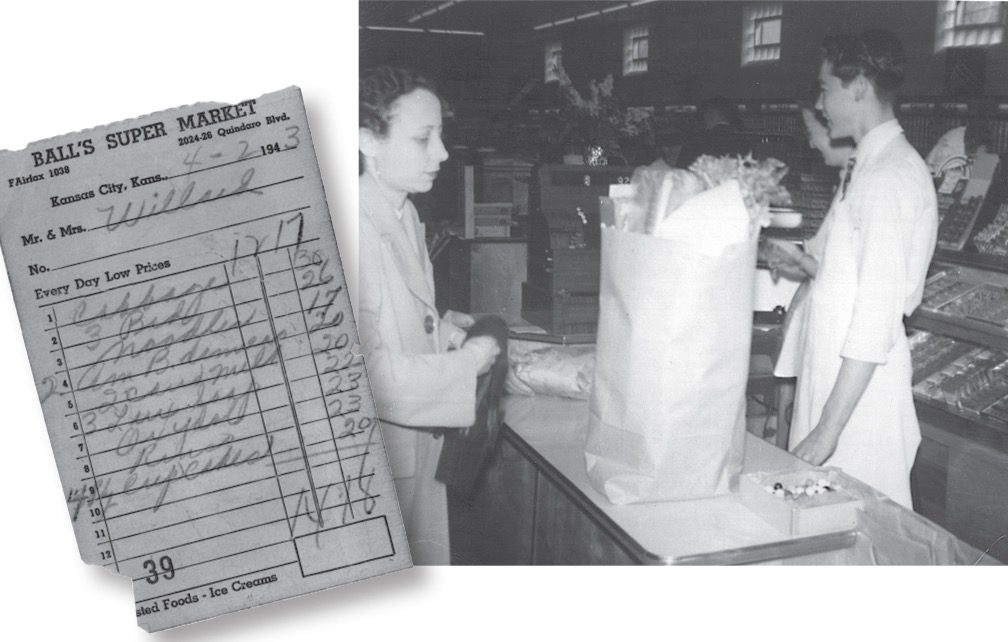Companies Of A Century: Third Gen Balls Foods Innovates Supermarkets


Editor’s Note: Chief Executive is kicking off a new annual tradition this year by celebrating every sizable (over $100 million in annual revenues) standalone company turning 100 in 2023. Check out the rest of this year’s class for tips, insights and, above all else, the inspiration you need to keep going….and going.
HQ: Kansas City, Kansas
Revenues: ~$717 million
Employees: ~3,500
Balls Foods was farm-to-market before farm-to-market was cool. “My grandfather would go out in the morning and contact local farmers and purveyors of different proteins and fruits and vegetables, and come back to the store and tell my grandmother what he had in his pickup truck,” recalls David Ball, the third-generation owner of the grocery chain based in Kansas City. “So, we’ve been doing buy-fresh, buy-local since 1923.”
And that’s not all the century-old food retailer has been doing. The family-owned and operated chain now owns 26 stores in the greater Kansas City metro area, doing business under banners including Hen House Market, Price Chopper, Sun Fresh and PayLess Discount Foods. To get to that point, Balls and its stewards have had to fight through difficulties including, most recently, Covid and record-high inflation rates, harnessing the innovative thinking of family leadership along the way.
Indeed, David Ball and his father have taken pages from the book of Sidney and Mollie Ball, David’s grandparents, who founded Balls as a tiny general store downtown after scraping together $1,000. They settled on opening a grocery in Kansas City after studying a number of cities in the Midwest and figuring out what the populations might need, mulling investments in a furniture store and a hardware store before Mollie Ball suggested grocery retailing.
It was just the couple at the beginning, waking up six days a week at 4 a.m. so they could gather foodstuffs to sell, then take orders over the phone, fill the orders and send delivery boys out on bicycles through the local neighborhoods.
The business was steady and sturdy but hardly prosperous, especially during the Great Depression. “Many times the employees at the store would make more money than my father would,” Fred Ball, their son and the second-generation operator of the business, would recall.

Chief Executive Group exists to improve the performance of U.S. CEOs, senior executives and public-company directors, helping you grow your companies, build your communities and strengthen society. Learn more at chiefexecutivegroup.com.
0

1:00 - 5:00 pm
Over 70% of Executives Surveyed Agree: Many Strategic Planning Efforts Lack Systematic Approach Tips for Enhancing Your Strategic Planning Process
Executives expressed frustration with their current strategic planning process. Issues include:
Steve Rutan and Denise Harrison have put together an afternoon workshop that will provide the tools you need to address these concerns. They have worked with hundreds of executives to develop a systematic approach that will enable your team to make better decisions during strategic planning. Steve and Denise will walk you through exercises for prioritizing your lists and steps that will reset and reinvigorate your process. This will be a hands-on workshop that will enable you to think about your business as you use the tools that are being presented. If you are ready for a Strategic Planning tune-up, select this workshop in your registration form. The additional fee of $695 will be added to your total.

2:00 - 5:00 pm
Female leaders face the same issues all leaders do, but they often face additional challenges too. In this peer session, we will facilitate a discussion of best practices and how to overcome common barriers to help women leaders be more effective within and outside their organizations.
Limited space available.

10:30 - 5:00 pm
General’s Retreat at Hermitage Golf Course
Sponsored by UBS
General’s Retreat, built in 1986 with architect Gary Roger Baird, has been voted the “Best Golf Course in Nashville” and is a “must play” when visiting the Nashville, Tennessee area. With the beautiful setting along the Cumberland River, golfers of all capabilities will thoroughly enjoy the golf, scenery and hospitality.
The golf outing fee includes transportation to and from the hotel, greens/cart fees, use of practice facilities, and boxed lunch. The bus will leave the hotel at 10:30 am for a noon shotgun start and return to the hotel after the cocktail reception following the completion of the round.